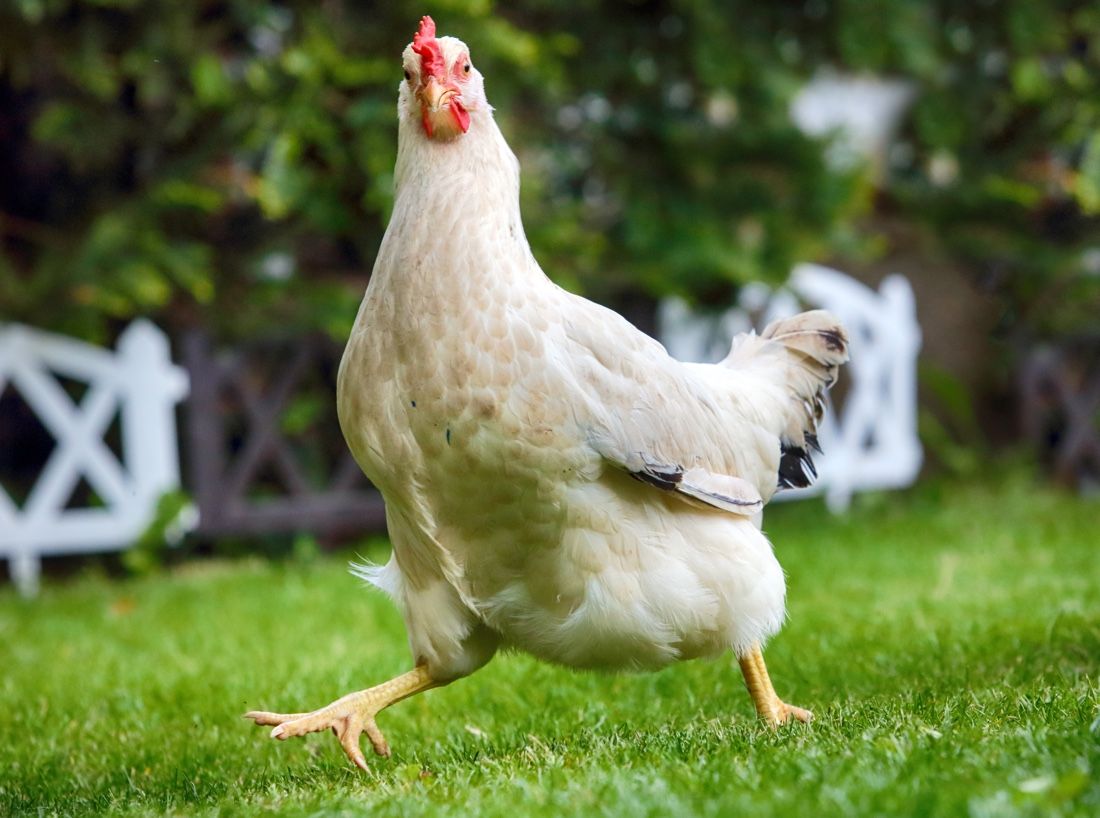A recent study of the gut microbes of yellow broiler chickens has yielded unique results regarding their fat regulation and body distribution. As found in the data of Chaoliang Wen, Wei Yan, Congjiao Sun, and their colleagues, the heritable genetics of the birds had little correlation to the fat deposits in the chickens, and rather the microbial health of the birds (from feces, found in the duodenum and jejunum, as well as other locations) was correlated with the health of the animal in question. This is a departure from previous ideas that fat and health in animals is more majorly dependent on genetics and heritage, rather than gut health.
This is in direct contrast with an earlier claim by Sylwester Świątkiewicz, who regarded the genetic breeding program to have direct influence on the health and fat deposits on chickens.
I am not well versed in genetics, but I am interested in both zoology and farming. I was a farmhand for a short time for a family friend's farm. In terms of the gut health having influence on body mass and fat, it's fairly straight forward. However, I don't believe either argument (made by Wen et al, or by Świątkiewicz ) are completely cut and dry. There is much still mysterious to us about the minor influences that habits, diet, gut biotics, and other things have on animal metabolisms.
I personally would be very interested in a more layman's terms translation of that data, showing the correlation much more graphically digestible. It was with no small amount of trail and error that I had to go through to even comprehend this concept, as well as some minor confusion as to what parts of the bird's anatomy was being referred to.

Interesting topic James! I have a half a dozen pet chickens in my back yard and they are huge. Now, I know that their gut health must be poor because they are the roundest chickens I have ever seen. I can officially blame my mom for feeding them way too much leftover or stale food from the house, and not on genetics!
ReplyDelete